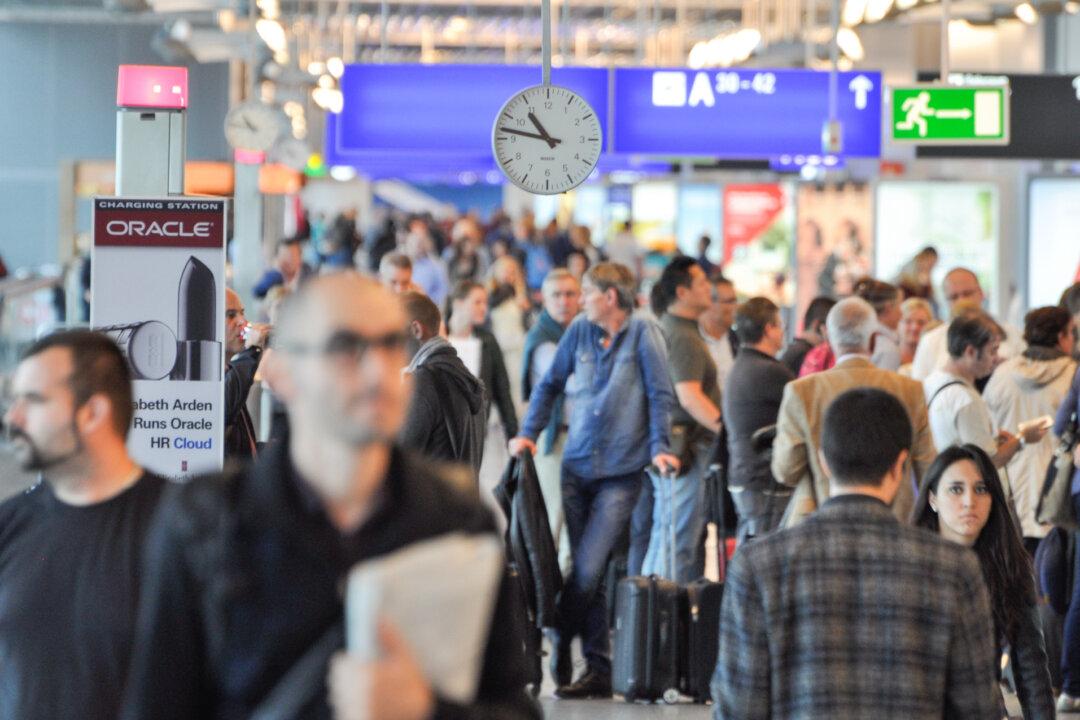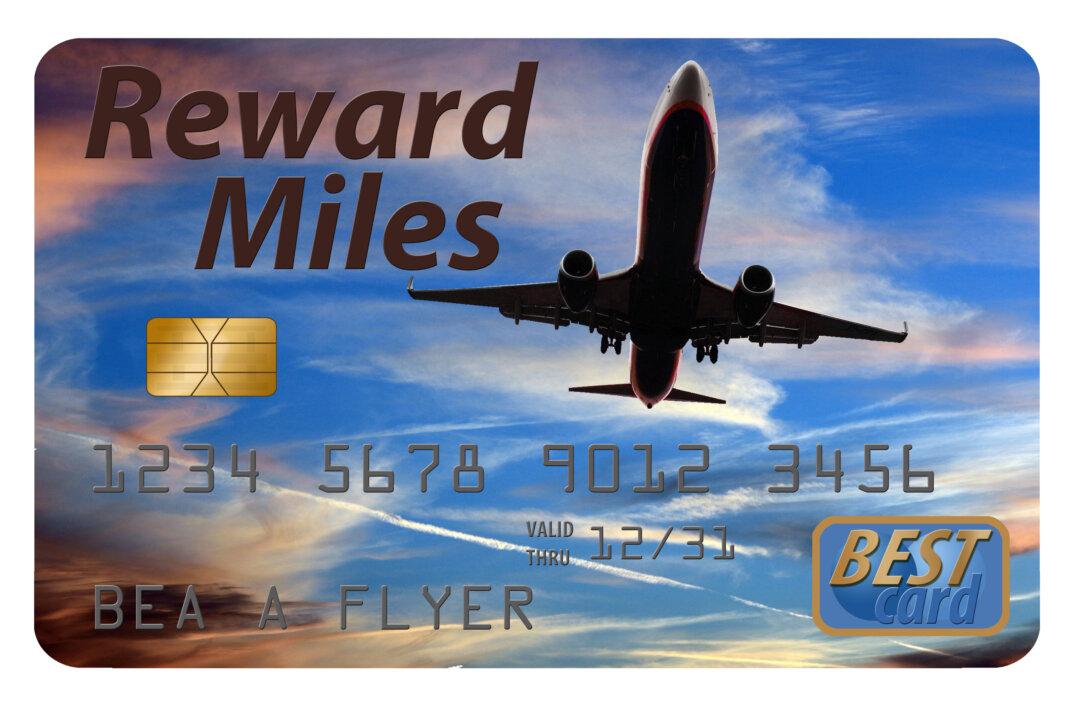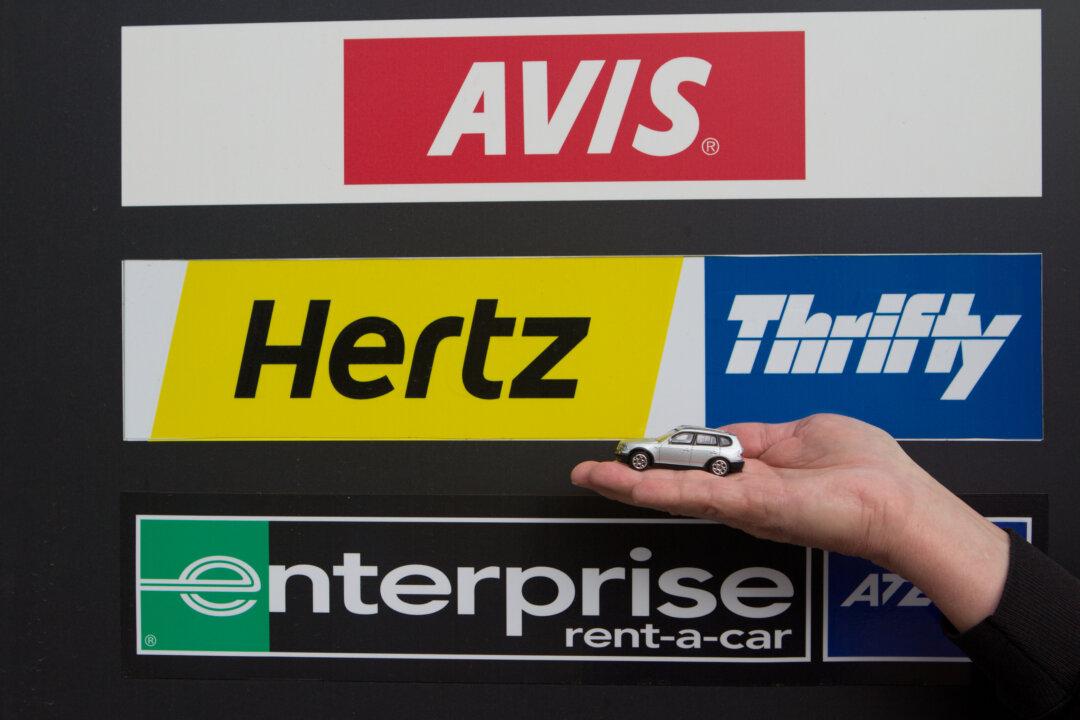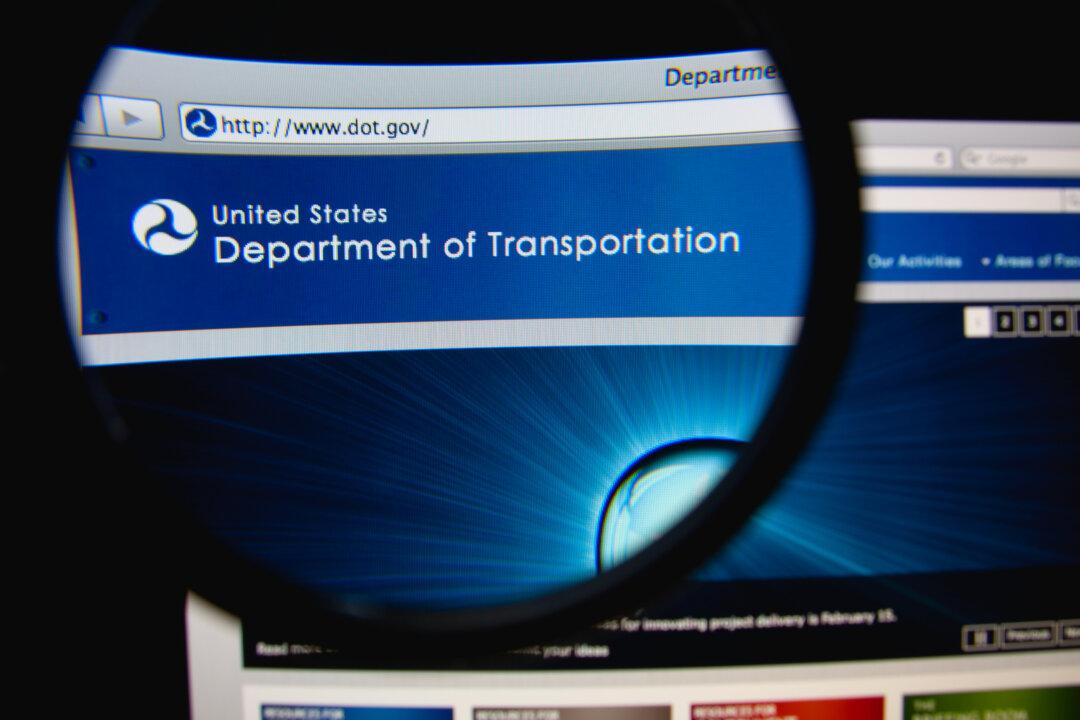Over the years, airlines have resisted any sort of regulation of their frequent flyer programs. These are sales programs, they say, and shouldn’t be subject to regulation at all. Actually, a reasonable position.
The Department of Transportation (DoT), on the other hand, receives lots of consumer complaints about frequent flyer programs in its inbox. We don’t do anything because it’s outside our purview, the Department says. Also a reasonable position.





